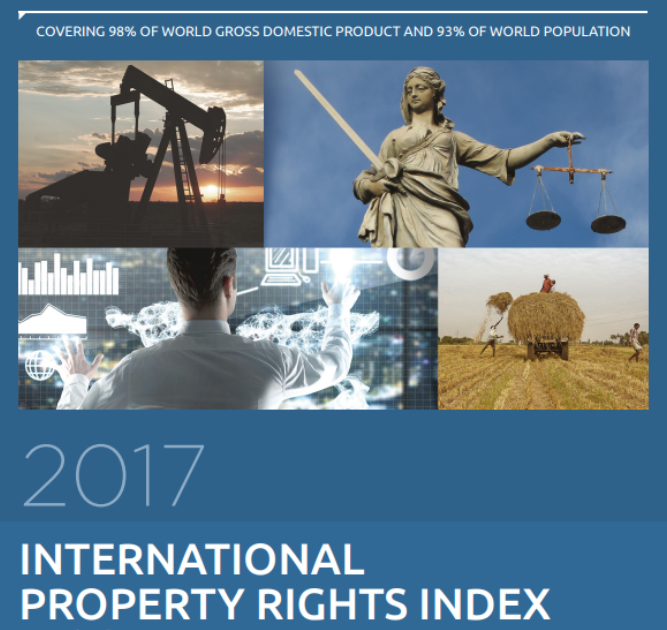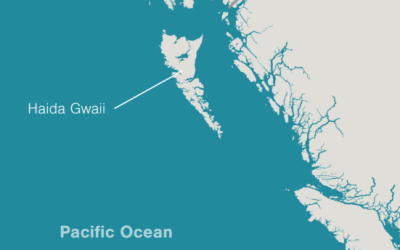The International Property Rights Index (IPRI) is the flagship publication of Property Rights Alliance (PRA), an organization based in Washington, D.C., dedicated to the promotion of property rights around the world. In 2007, PRA instituted the Hernando de Soto fellowship for the purpose of developing the IPRI. Since then, the yearly IPRI has served as a barometer for the status of property rights, ranking the strength of both physical and intellectual property rights in countries around the world.
During 2017, PRA worked with 111 think tanks and policy organizations in 72 countries to compile case studies, conduct research, formulate public policy, and educate the public on the important role property rights play in their countries.
Property rights underline the values and principles related to individual liberty and economic freedom. A strong property rights system, as shown by the correlations with the Index, is conducive to fostering economic growth, human capabilities, research and innovation, environmental performance, and the creation of social capital. Property rights are a key ingredient for the prosperity of society. This year
the Index has added a liberty dimension of development to evaluate its correlations with the IPRI.
The IPRI is built up from 10 factors, gathered under three components: the Legal and Political Environment (LP), Physical Property Rights (PPR), and Intellectual Property Rights (IPR). The overall grading scale of the IPRI is [0 – 10], where 10 is the highest value and 0 is the lowest value in each category.
The 2017 edition covers 98.44% of world GDP and 93.43% of the world’s population.
Read the entire study here: IPRI_ES_2017_F_Final July 10



